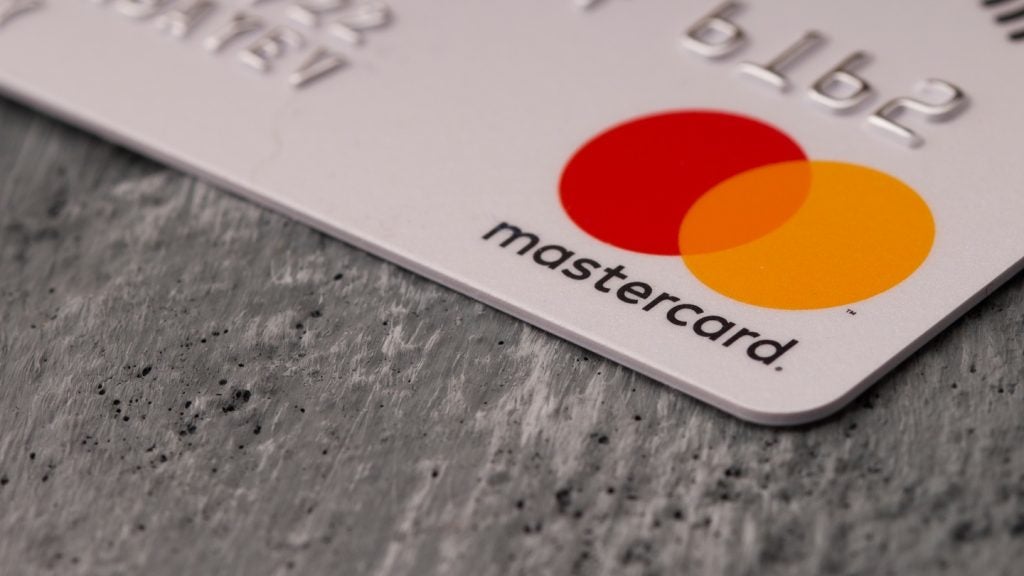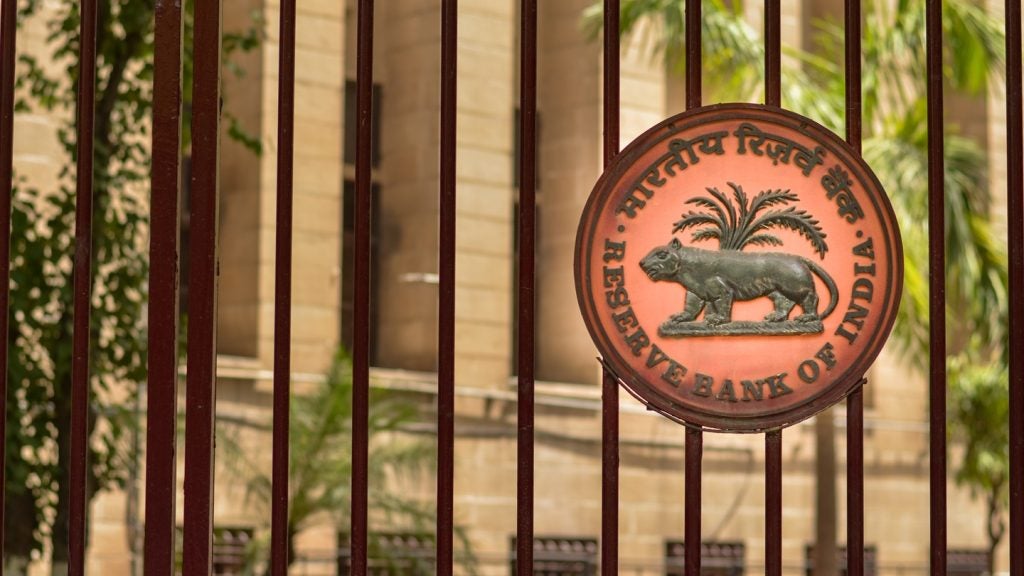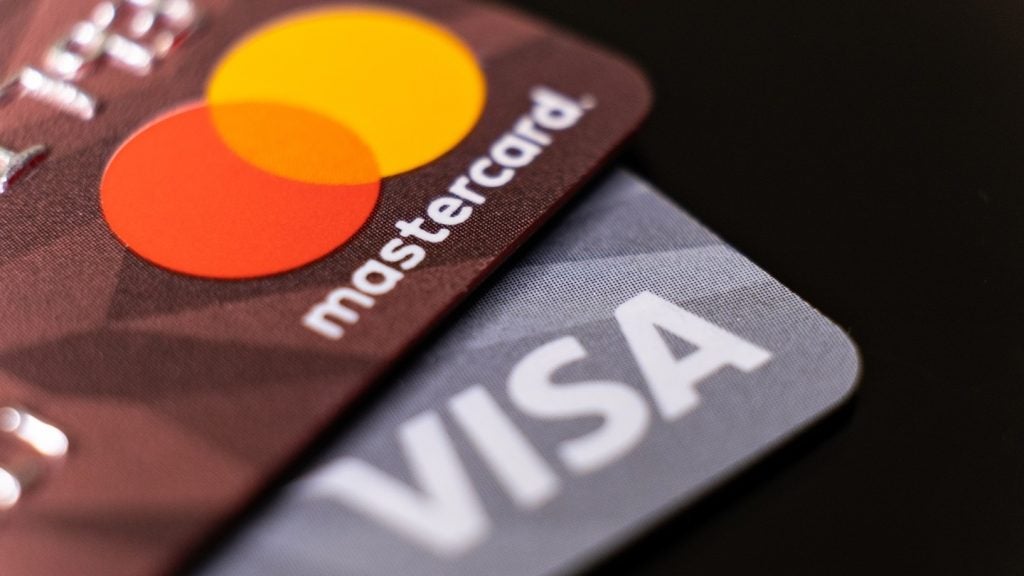A new survey has found that around one in seven people in Scotland were unable to use their debit or credit card to make payments last year due to IT glitches.
The new research from Which? revealed that overall 660,000 people were victims of such online crashes or outages.

Access deeper industry intelligence
Experience unmatched clarity with a single platform that combines unique data, AI, and human expertise.
The survey, in which more than 2,000 people participated, found that around 8% of the people faced the issue multiple times. Of them, around 49% of the people were unable to transact at the point of sales across the UK.
Additionally, around 11% of the respondents said they faced a financial penalty as a result.
Nearly 9% of the respondents said their credit score was affected as they missed bill payments due to such glitches.
According to the consumer body, these findings demonstrate the vulnerability of digital payments.

US Tariffs are shifting - will you react or anticipate?
Don’t let policy changes catch you off guard. Stay proactive with real-time data and expert analysis.
By GlobalDataWhich?also called for protecting traditional payment methods in future besides pushing for digital alternatives.
The survey also added that around 18% of those who were affected by IT glitches now keep more cash with them for transactions.
Around 16% of the respondents shared that they have started keeping spare cash.
Which? head of Money Gareth Shaw said: “Digital payments have enhanced many people’s lives – but many still rely on cash and all of us risk being shut out of paying for goods and services when technology lets us down.
“Meanwhile, people in Scotland risk being stripped of their ability to access cash through the double blow of widespread bank branch and cashpoint closures.
“The UK government’s commitment to protecting access to cash must see its new strategy group quickly exploring all options – including legislation – to ensure cash is protected for those for whom it is a necessity and as a vital back-up for when digital systems fail.”







